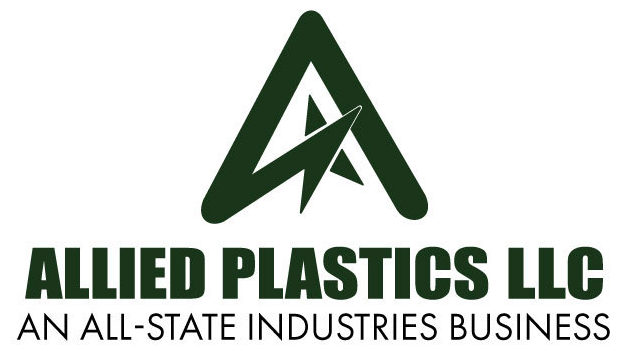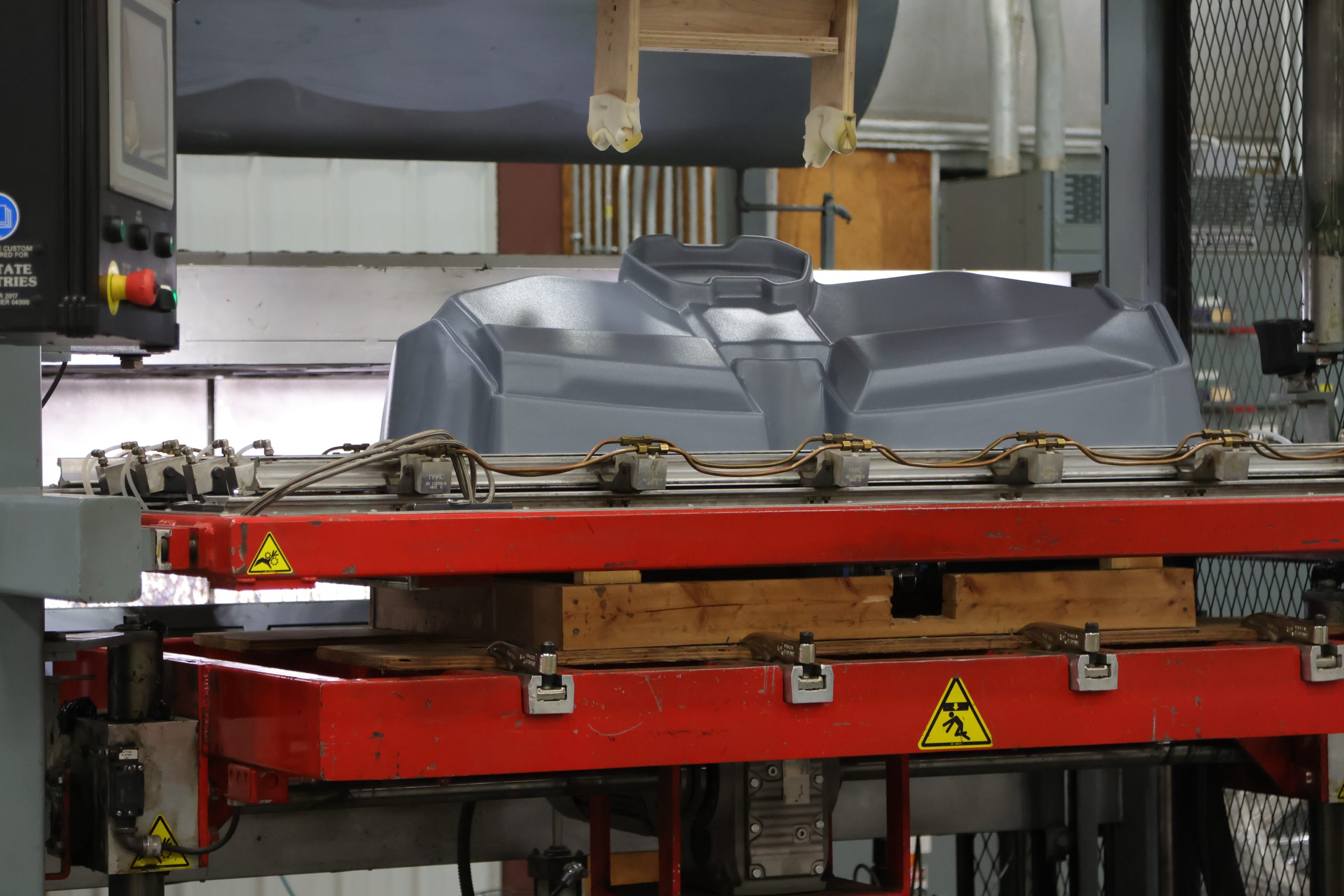Beyond the Basics: Critical Evaluation Criteria for Long-Term Manufacturing Success
Selecting the right thermoforming partner impacts far more than your immediate project — it influences your production capabilities, product quality, and market competitiveness for years to come. While most manufacturers ask about pricing, capacity, and lead times, these surface-level questions rarely reveal what truly differentiates exceptional thermoforming companies from adequate ones.
Drawing from over three decades of industry expertise, Allied Plastics has identified the critical questions that manufacturing leaders often overlook during the selection process. We’re sharing them below to give you more insight and information in guiding your selection process.
Ready to have a deeper conversation about your thermoforming requirements? Connect with our engineering team today.
5 Questions to Ask Thermoforming Companies
Question 1: How Integrated is Your Material Expertise With Your Production Process?
Many thermoforming companies treat material selection as a separate, preliminary step rather than an integrated element of manufacturing excellence. This disconnect often leads to suboptimal performance and unexpected production challenges.
Ask specifically about their in-house material capabilities, including extrusion, co-extrusion, and custom formulation options. Exceptional partners maintain tight control over material specifications that directly influence thermoforming results. At Allied Plastics, our integrated approach includes custom sheet extrusion capabilities producing materials up to 120″ wide with precisely controlled properties, ensuring optimal thermoforming performance.
Question 2: What Engineering Support Do You Provide Before Tooling Development Begins?
The most costly mistakes in thermoforming often happen before production even starts. Generic designs that aren’t optimized for the thermoforming process lead to manufacturing inefficiencies, quality issues, and functional compromises.
Look for thermoforming companies that provide comprehensive engineering support during the design phase, including material selection guidance, design-for-manufacturability expertise, and production feasibility analysis. This early involvement significantly reduces development cycles and prevents costly design revisions later. The best partners assign dedicated project engineers who collaborate with your team to optimize designs specifically for thermoforming success.
Question 3: How Do You Handle Technical Challenges During Production Ramp-up?
The transition from prototype to full production often reveals unexpected challenges. A thermoforming partner’s approach to these situations directly impacts your project timeline and product quality.
Request specific examples of how they’ve resolved technical issues during past production launches. Their answers should demonstrate systematic problem-solving capabilities, engineering depth, and cross-functional collaboration. Superior thermoforming companies maintain dedicated technical teams with the expertise to quickly analyze issues and implement effective solutions without disrupting production schedules.
Question 4: What Quality Control Systems Exist Throughout Your Entire Production Process?
Many manufacturers focus exclusively on final inspection, missing the importance of integrated quality systems throughout the production journey. This limited approach often catches defects but fails to prevent them.
Evaluate whether the thermoforming company implements in-process quality controls at each critical stage: material preparation, forming, trimming, and finishing. Advanced partners utilize automated measurement systems, statistical process control, and real-time monitoring to ensure consistent quality. Their quality approach should be preventative rather than just detective, addressing potential issues before they impact your components.
Question 5: How Does Your Facility Layout and Equipment Integration Impact Production Efficiency?
The physical workflow and integration of forming, trimming, and finishing operations significantly impact production efficiency and consistency. Many thermoforming companies operate as siloed departments, creating handoff delays and quality risks.
Ask about their facility layout, equipment proximity, and material handling systems between operations. The most efficient partners maintain streamlined workflows with minimal material movement and seamless transitions between process stages. Their facility should be designed around optimized production flow rather than departmental divisions.
Choose Allied Plastics, One of America’s Leading Thermoforming Companies
The answers to these five questions reveal far more about a thermoforming partner’s capabilities than traditional inquiries about capacity and price. By evaluating integration, engineering support, problem-solving approaches, quality systems, and operational efficiency, you’ll identify partners capable of delivering exceptional results consistently.
With over three decades of thermoforming excellence, Allied Plastics has built a 210,000-sq.-ft. manufacturing facility in Twin Lakes, Wisconsin, specifically designed around integrated production flow. Our comprehensive capabilities include everything from engineering consultation through final assembly, ensuring seamless production of even the most demanding components.
Contact our team today to experience the difference a truly integrated thermoforming partner can make for your next project.

